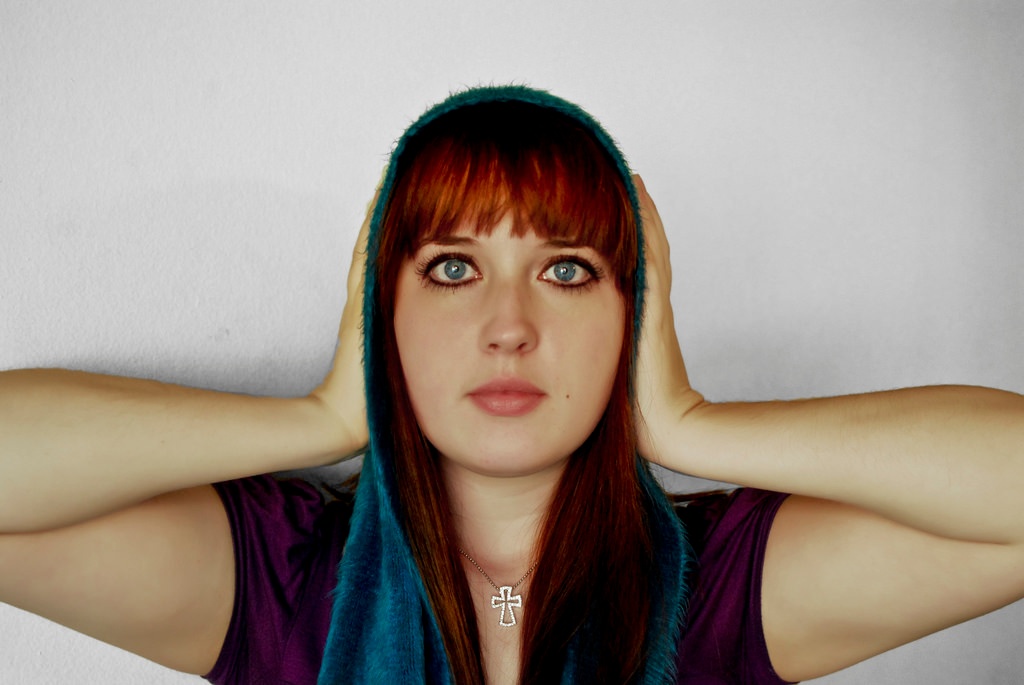Share article
The M word. You know the one. It shows up everywhere, all the time. Even when you think you’re safe. Maybe you’re out with friends, having a good time, assuming there’s no way it could possibly show up in casual conversation. Nope! Sorry. There it is. Someone just has to bring up Millennials.
Okay. We get it. There’s an entire generation of people out there who have had certain life experiences that are different from other generations. This is not revolutionary. It’s literally been happening for, well, generations. Here’s why I think our obsession with this particular cohort isn’t just annoying. It’s downright unhealthy.
Us vs. Them Mentality
Enough already! If I have to read one more article on how to deal with, market to, or understand this group of people, my head just might explode. These are not space aliens we’re talking about here. They are not the enemy. They do not need to be infiltrated and destroyed. These are human beings who happen to have been born in a particular time frame. They are us, only younger. Or older. They are our friends, coworkers, siblings, kids and grandkids. Most of all, they are individuals. They are themselves.
Generational Profiling
Some pretty terrible things have been said about this generation. They’re lazy. Spoiled. Self-centered. Entitled. Horrible with personal interaction. Here’s the thing. I’m sure we can all think of people we know with these exact traits across the generational spectrum. And you know what? We also know tons of hard-working, down to earth, globally-minded, friendly and communicative people— of all ages.
Painting a particular group with the same brush isn’t just incorrect. It can quickly turn discriminatory. Doing so perpetuates the notion that it’s okay to assign a set of specific traits on an entire group of people based on one common characteristic. We know it’s not okay to make sweeping generalizations based on race, sex, or religion. And yet somehow it’s acceptable to make assumptions about an entire group of people born within the same 17-year time period? 17 years. That’s a whole lot of people. And a whole lot of diversity.
Bad Business
Generational stereotypes can also lead to all kinds of missed opportunities for your company. Not hiring that fresh college grad because of her “terrible work ethic,” only to find out later that she’s the hardest working person on your competitor’s staff. Not taking that young customer seriously because surely he just wants you to give him something for free, then learning that he started his own successful business and is buying all kinds of stuff. Just not from you.
And if you think unlocking the key to this generation’s buying preferences is the answer to all of your business problems, you’re probably delusional.
But hyper-focusing on one particular market segment that may or may not be relevant to your model is going to suck up time and resources that could be used to make other, more effective changes and improvements to your business.